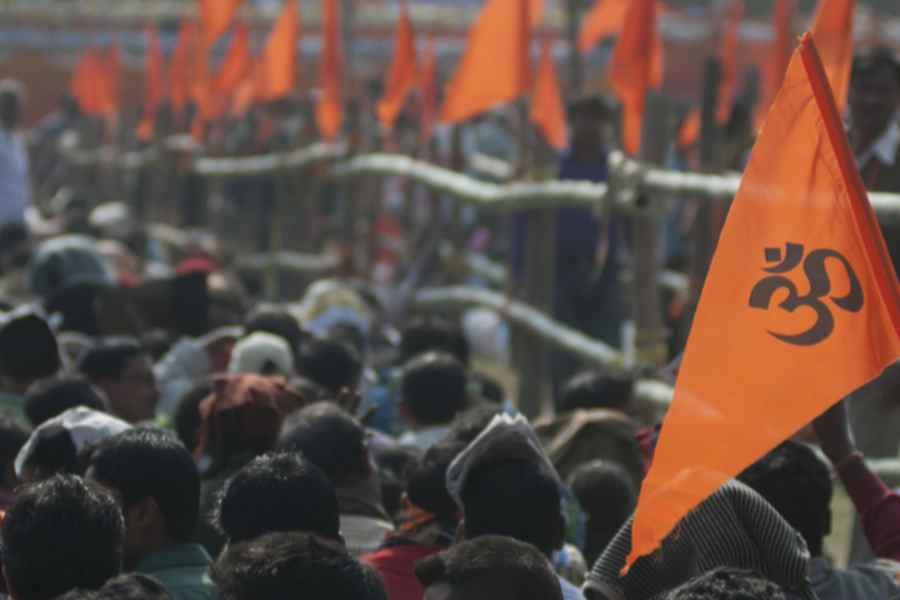I recently came across a video on social media showing a young lady complaining about an incident at the airport that had embarrassed her parents. She was taking her parents on their first flight and they had stopped to have a bite inside the airport. The food was served with cutlery. But her parents did not know how to use these and, she claims, were embarrassed as everyone else was using them. The provision of cutlery and the absence of wash basins near eateries, she argued, were symbols of colonisation. The video ended with the demand that spaces be decolonised.
The concept of decolonisation is not new; nor does it have a single route. The many battles against the colonising British and, then, the freedom struggle were all attempts at decolonising. The establishment of India as a nation was the first step of decolonisation. The Constitution, too, is a tool of decolonisation because it rebuilds what colonisation and millennia of monarchy left asunder. The now-forgotten five-year plans, India’s Panchsheel, the G-77, Saarc and so on were all efforts at decolonisation.
However, the concept of decolonisation took on a new face after Prime Minister Narendra Modi made his ‘1200 years of slavery’ speech in 2014. What was till then a silent national effort morphed into a pseudo-revivalist nationalistic exercise that involved government policymaking and socio-religious reconfiguration to promote a version of history that is at invariance to what had actually occurred.
Decolonisation is the process of the indigenous taking back all that has been influenced through centuries of colonisation. The concept is amorphous and, therefore, can include everything, from language to food to social spaces to education and so on. But who defines what is indigenous? Who defines the colonial period? Who defines what needs to be decolonised? These questions, and many others, are important given India’s varied and rich history and the potential consequences of these answers on today’s India.
For example, as per the Indian Tea Association, tea, which originated in China, was introduced to India by the British in 1774. ‘Chai’, the Indian word for tea, comes from the Mandarin word, ch’a. The Portuguese call tea ‘cha’. The Portuguese reached India in 1498 and China in 1513. Is it then possible that it was the Portuguese who introduced tea to India? Given that India is one of the largest consumers of tea, who then colonised whom in this instance?
Decolonising would also necessitate discussions on the idea of the indigenous. The Hindutva-led indigenous Aryan theory posits that Aryans were from the subcontinent, while the Out of India theory, backed by scientific rigour, suggests that Aryans are Indo-European. If Aryans, indeed, are not indigenous, who would be the colonists in this instance? What then becomes of this land’s philosophy and the myriads of indigenous religions? What about Hindutva’s aggrieved self-righteous reclamation of the past? What would it stand on?
The removal of cutlery as a decolonising putsch of Indian cuisine will be a sham given the nation’s salivation over the samosa and the jalebi — both of which have foreign origins, as does the ubiquitous potato. But then would Hindustani and Carnatic music be better without the Mohan veena, violin and trombone?
Many identify Hindutva as an attempt to decolonise India and Indian mindsets. Thus, the new Parliament building, the Citizenship (Amendment) Act, the Ram mandir and the muscular foreign policy. The decolonising project should logically include supplanting it with something indigenous and, therefore, better. But has the Hindutva-led decolonising of our mind and country freed us from bigotry, casteism, divisiveness, and the feudal mentality that lead to unaccountability, subservience and fealty to authority?
Decolonising the mind and spaces is as important as that which replaces it. If decolonising leads to another form of colonising, is it not just shifting people from the proverbial frying pan to the fire?
Samir Nazareth is the author of 1400 Bananas, 76 Towns and 1 Million People










